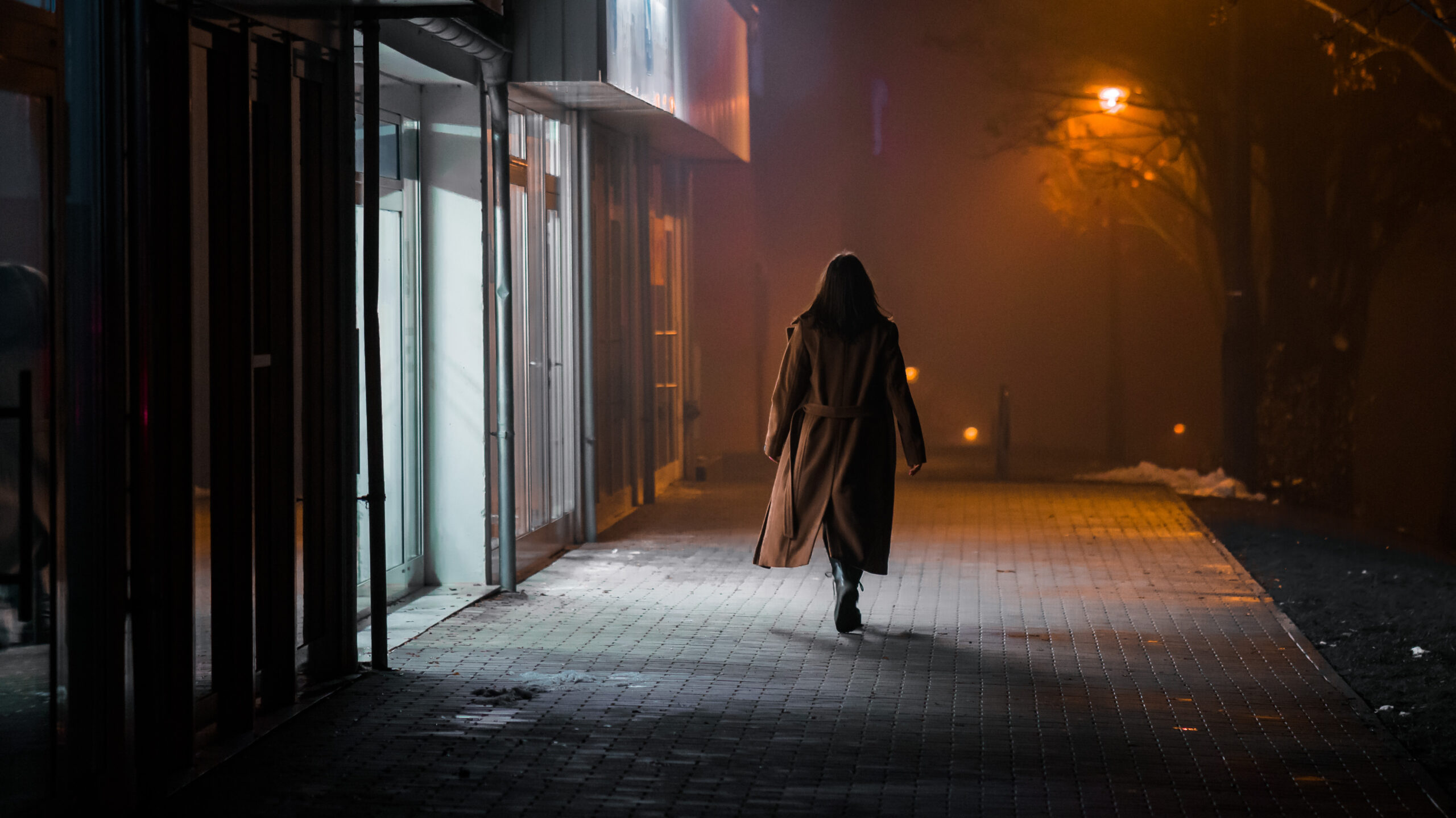
why
As a child in the 80s and 90s, one TV show cast a shadow of fear over an entire generation – Crimewatch.
I have no idea why I watched it or – more significantly – why my parents let me watch it, but I did.
As well as endless tales of murder, violent robbery and sexual assault, it was packed with reconstructions. Despite often dubious acting, the intricate everyday details made the horrific acts feel all too commonplace. To top it off, the programme’s very reason to exist meant all the crimes were unsolved. The criminals were, as the presenters relished saying, ‘at large’.
I was terrified.
Despite assurances that the chance of these events occuring to anyone were vanishingly small, evidence to the contrary was right in front of my eyes and my fear told me what to believe.
It was my first lesson in the power of story.
I see now, how that same power shapes our world. From climate change to financial systems, immigration to government – everything is built on stories. The facts – if they feature at all – often seem to carry little weight.
In a post-truth world – just like the post-crimewatch world – it’s easy to feel powerless. There’s good news though. The power of story is available to us all.
I believe by telling better stories we can make a better world.